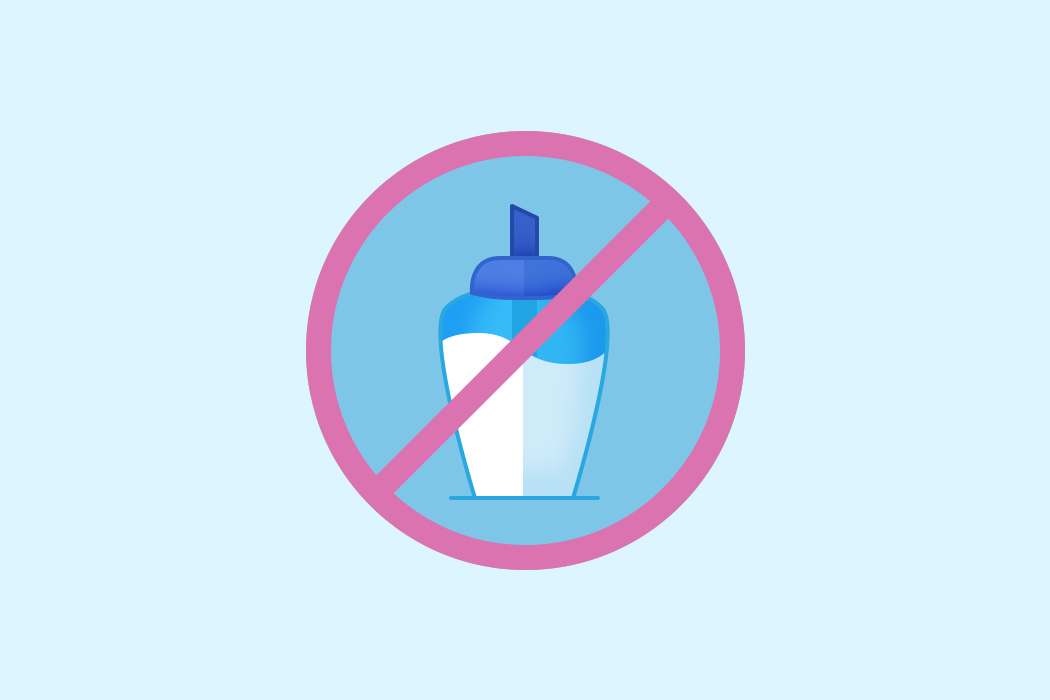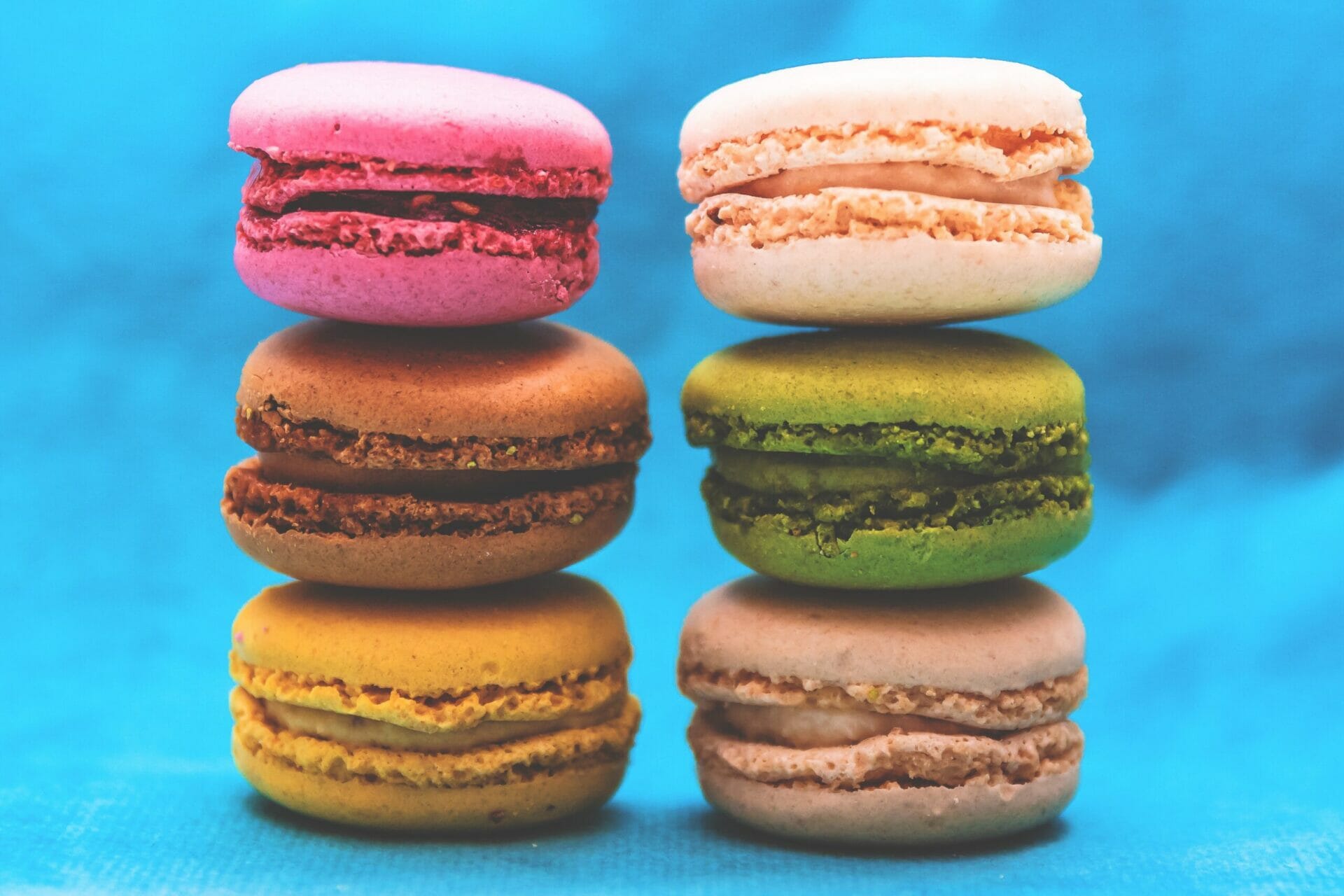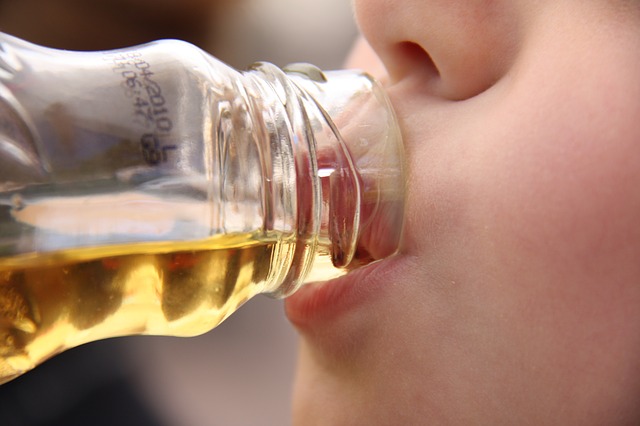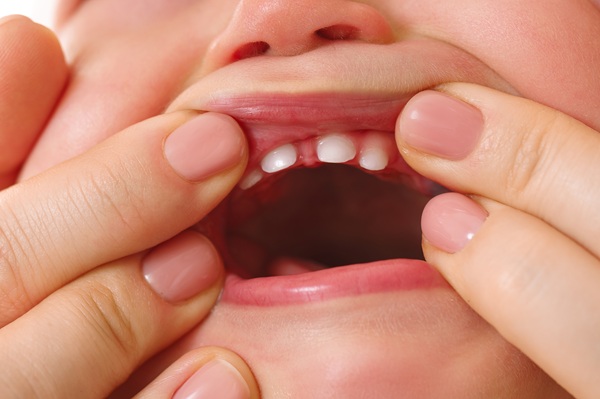Sugar has a bad rep these days and with good reason. Although it’s a source of energy for our bodies that is found naturally in many healthy foods, it is also added to many foods and drinks during processing and preparation, giving them an excessive sugar content and often leading to inadvertent over consumption. And it’s the over consumption of sugar typical to Western diets which has led to many health issues, including obesity and tooth decay.
The most recent World Health Organization guidelines recommend that intake of added sugars be kept below 10% of total energy intake to avoid health problems.For an adult Australian, staying under 10% means consuming less than 13 teaspoons of sugar per day. However, research suggests most Australians consume more than double that amount.For example, young Australians are especially high consumers of sugary drinks: one national survey found that 47% of kids consume sweetened drinks on a daily basis. This is especially troubling considering research has also found that drinking just one can of soft drink per day increases the risk of developing type 2 diabetes by 22% compared to drinking one can per month.
With tooth decay the most prevalent disease in Australia today, and obesity being a leading risk factor for serious diseases including type 2 diabetes, cardiovascular disease and some cancers, it is no surprise that sugar is still regarded as “white poison”, and health experts continue to advise us to reduce our sugar intake.
Why Excessive Consumption of Sugar is Bad For Your Teeth
When it comes to our teeth, the excessive consumption of sugar is so damaging because oral bacteria feed off sugar to create acids which dissolve your tooth enamel (the protective surface of your teeth) through demineralisation,allowing holes to form and ultimately leading to tooth loss.This dental erosion can also be caused by direct exposure to acids contained in acidic foods or drinks such as soft drinks or fruit juices.
Our mouths do have some natural defences in the form of saliva, which washes sugars from the teeth, reduces the effect of acids, and remineralises the surface of your teeth with calcium and phosphates. However, there is only so much your saliva can do, and if your sugar consumption is excessive, cavities will eventually develop. To give your teeth the best chance to ward off acid attacks it is therefore essential to limit your sugar intake.
Tips on How to Reduce Your Sugar Intake
The good news is there is plenty you can do to reduce your sugar intake. Here are our top tips:
- Begin by assessing your diet to ensure it is based on wholegrains, fruit and vegies, lean meats, legumes and low-fat dairy food, rather than processed foods with high sugar content.
- To cut out added sugar painlessly, very gradually reduce the amount you use.
- When cooking, try halving the amount of sugar in a recipe. This is usually barely noticeable.
- Experiment with healthier recipes with lower fat, lower sugar and lower salt levels and higher fiber.
- Limit adding sugar to foods and drinks like cereals, coffee, or tea. Consider other natural sweeteners (for example, adding fruit or yoghurt to cereal, or honey to tea).
- Limit high sugar/low nutritional value foods and drinks to being treat foods rather than everyday choices, and have smaller portion sizes.
- Check sugar amounts on labels and seek out those products with ‘no added sugar’ or ‘low sugar’.
- Select tinned fruit in natural juice or water instead of syrup.
- Swap snacks for healthier alternatives – replace biscuits and chocolates with yogurt, fresh fruit or small amounts of nuts.
- Rather than snacking on sweets, chew sugarless gum (which also helps stimulate beneficial saliva flow).
- Avoid soft drinks or drink them in moderation only. If you find it hard to give up soft drinks, try drinking fruit juice diluted with sparkling mineral water.
- Choose flavored milk over other sweetened beverages. Although milks (flavoured or not) contain around 5% sugar from naturally-occurring lactose, lactose has a low cariogenicity in comparison with other sugars, meaning it has almost no contribution to tooth decay.
- Drink water instead – it contains no acid, no sugar and has no calories.
- Watch out for hidden sugars in some of the foods you consume. For example, did you know that a tablespoon of tomato sauce contains a teaspoon of sugar?
Check out the high sugar content in these common foods and drinks:
| Food and drinks | Teaspoons of sugar |
| 1 can (375ml) soft drink | 10 teaspoons sugar |
| 375 ml sports drink | 7 teaspoons sugar |
| 1 chocolate bar (50 g) | 7 teaspoons sugar |
| 1 apple juice box (200ml) | 5 teaspoons sugar |
| 1 lollipop (16 g) | 4 teaspoons sugar |
| 3 lollies | 3 teaspoons sugar |
| 1 Danish pastry | 4 teaspoons sugar |
| 2 chocolate biscuits | 3 teaspoons sugar |
Some further resources you might find helpful:
Rethink Sugary Drink: http://www.rethinksugarydrink.org.au/facts
Nutrition Australia: http://www.nutritionaustralia.org/national/resource/australian-dietary-guidelines-recommended-daily-intakes
Sugar Research Advisory Service for Australia: https://www.srasanz.org/





